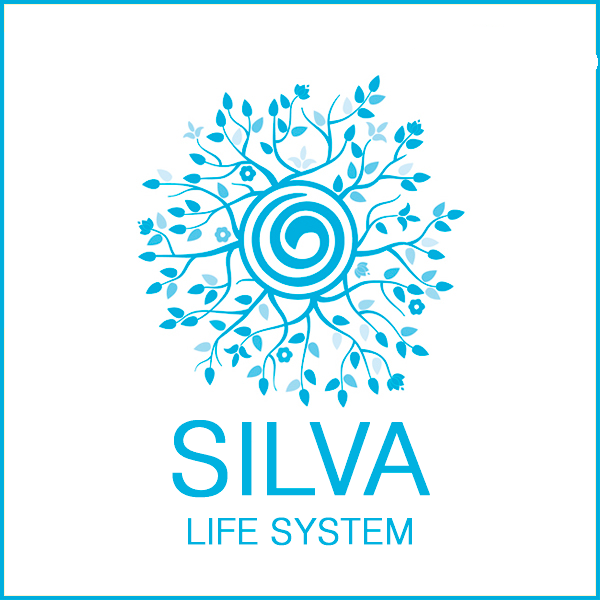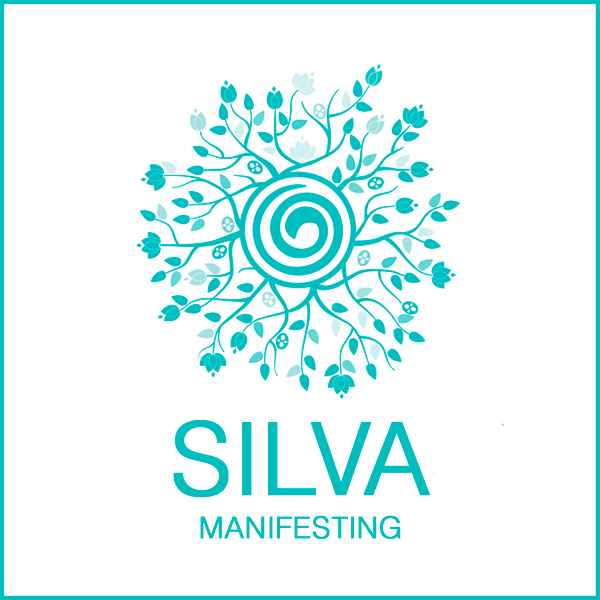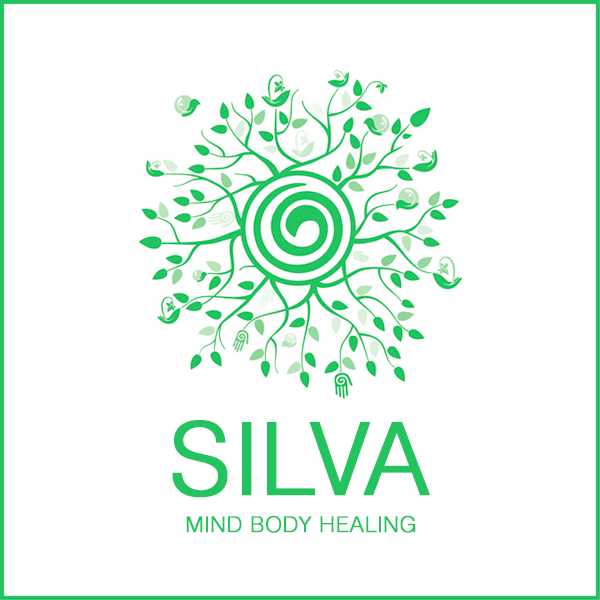You were born with a set of programs – instructions – to discourage you from making any changes in your life. These same programs lead you towards habits that can be destructive for you.
Ironically, these very same programs were designed to help you survive in the world.
Obviously, we are going to experience a lot of stress when we have programs that are necessary to our survival, but that inhibit us from growing and improving ourselves, programs that lead to habits that are harmful to the body they are intended to protect.
However, since you are a human being with the ability to analyze and understand and make informed, intelligent choices, you can learn to avoid the undesirable aspects of this situation.
Armed with knowledge, you can easily live a much happier and healthier life by understanding the dynamics involved.
FIGHT OR FLIGHT RESPONSE
People who survived life in the jungle were people who developed one characteristic very thoroughly: the so-called fight or flight response. And the way natural selection works, those with the best developed light or flight response were the ones who lived to produce offspring.
Thus, you have inherited a very powerful fight or flight mechanism.
Exactly what does this mechanism do?
The simplest way to explain it is that it gives you a great deal of energy to use to protect yourself when necessary.
This reflex is triggered automatically any time you encounter anything new in your environment.
For the cave man, obtaining sufficient food was a constant struggle. When something rustled in the bushes, if it was a rodent or other small animal, the man who could spring on it fastest had a survival advantage.
By the same token, if the rustling in the bushes was caused by an animal that wanted to use the cave man as a food source, that burst of energy to run away or, if necessary, fight, enhanced the chances of survival.
This energy is obtained through increases in respiration and heartbeat, higher blood pressure, tensing of the skeletal muscles, increase in blood sugar and adrenaline levels, a shutting down of the digestive processes and so forth.
MODERN PROBLEMS
We seldom face physical threats today, but the fight or flight mechanism is still triggered by anything new in our environment. Anything that we don’t know what it is will trigger the reflex because the body still wants to be prepared for action.
Some people seem to thrive on this – the thrill seekers are probably looking for the adrenaline (and blood sugar) high they get when they trigger the fight or flight response.
But most people find this particular form of stress uncomfortable. While the thrill seeker might work off the energy produced by the fight or flight response through direct action (often action that causes injury to the body and requires an expenditure of energy for healing), most people do not do this.
For most people, the energy that is built up is dissipated through such mechanisms as illness, injuries (accident prone), destructive habits, anti-social behavior (crime, spouse beating, etc.) and so on.
HABITS RELIEVE STRESS
The triggering of the fight or flight response tells the body that there is the potential of danger, that there is a chance that the body’s survival is threatened.
There are certain things necessary for our survival, and they are needed in greater quantity during times of intense action, such as when we are fighting or fleeing for survival.
Those elements include food (which we need every few weeks, at least), liquids (which we need every few days), and breath (which we need every few minutes).
When we are under stress, we automatically crave food, drink and breath.
And we overeat.
We drink.
We obtain breath we can see and feel.
When we stock up on fuel (food) we feel more secure. Having a high blood sugar level enhances this feeling.
Liquids are vital to our survival. When we are under stress, if we consume liquids that can also serve as an escape mechanism, we have a double shot at getting rid of the feelings c • stress, at least temporarily.
When you can see your breath you can be assured you are still alive.
BREAKING HABITS
When we understand how our body function, we can take steps to relieve the problems.
We know that it is very natural to experience stress whenever there is something new in our environment.
That means it is natural to experience apprehension any time we consider anything that is new to us. The solution is to check it out, determine if it is any threat to our survival, and if not, take a deep breath and relax.
When the urge strikes, you have an alternative to heading for the sweet food or drink, the intoxicating drink, the cigarettes or drugs. You do not need the added punch they offer.
Instead, eat a piece of carrot, celery or apple or some such helpful food. Drink a glass of water. Pure spring water tastes delicious. Or if you want something more, drink pure fruit juice, perhaps diluted with some water.
DEVELOP MORE CONTROL TO ELIMINATE HABITS
Take several deep breaths, filling first your abdomen (the way a baby does), then your chest. Then as you exhale, relax.
When the danger is passed, we breath a sigh of relief. So after taking your deep breath (which energizes), exhale and consciously relax your body as you do.
MAKE THE EFFORT
The principle is simple; although it is not always easy to put it into practice. Still, it is worth the effort to eliminate destructive habits. It is worth the effort to learn to manage the stress of daily life.
Program yourself at night before going to sleep, program yourself in the morning before you get up to start the day, that you will use these techniques.
Fresh air and sunshine are wonderful. If you can get by a window, or step outside for a minute or two and take several deep breaths, it will make you feel like a new person.
When you feel the need for something more solid than air in your body, drink some water. If you need something more, eat fresh fruit or vegetables.
By programming yourself morning and evening, and following through as outlined in this article, you will find yourself experiencing a healthier, more relaxed and more productive life.



 Laura Silva Quesada, daughter of Jose Silva – founder of the original Silva Mind Control Method, she was one of the primary research subjects, which gave her extensive personal experience and insight into the creation, and use of intuitive and life changing techniques.
Laura Silva Quesada, daughter of Jose Silva – founder of the original Silva Mind Control Method, she was one of the primary research subjects, which gave her extensive personal experience and insight into the creation, and use of intuitive and life changing techniques.


